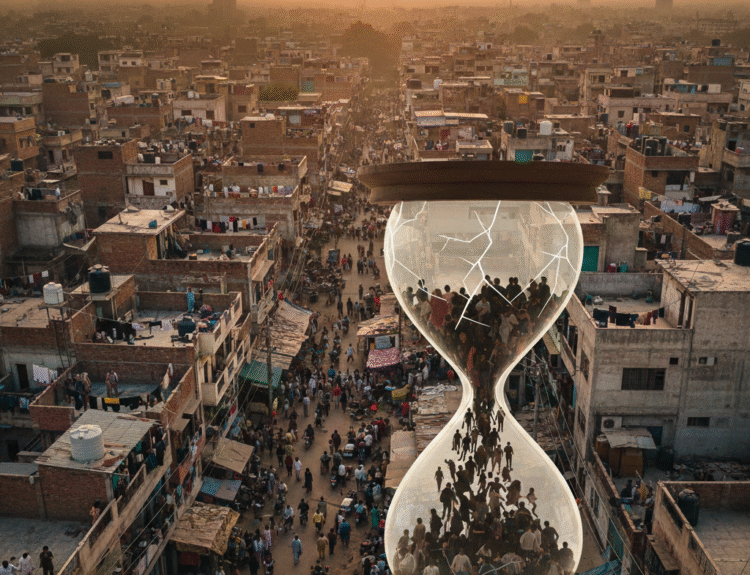
He who must not be named could become the best thing to happen to civilian supremacy in Pakistan’s history — if he wins on February 8th. Over the last eighteen months, he has electrified and educated the masses on the power of their vote to dilute the strength of unelected forces, which exert undue influence within the corridors of power.
He builds on similar messaging delivered by other political giants before him. The difference is that Imran Khan has been able to mobilise a larger number of people, including Gen Z, urban elite and traditionally pro-establishment constituencies on his message. More importantly, Khan and his supporters have shown extraordinary courage in the face of brutal state repression.
It started with the murder of Arshad Sharif, the jailing and torturing of PTI’s senior party leadership, leaking of private videos, an assassination attempt on Imran Khan himself, media censorship, killing of a party worker and shelling the workers with tear gas and rubber bullets. This is classic behaviour to get any civilian leader in Pakistan to back down and fall in line. But Khan refuses to fall in line or be exiled. He kept making a singular demand to hold elections. And so we are having elections this week, even if there’s no level-playing field.
An election without real choices is a lot like an arranged marriage without love. At least with arranged marriages you can fall in love eventually. But with a government you didn’t elect, can you really ever fall in love? A marriage without love is setting the foundation for an unstable relationship that will eventually collapse under its own weight. Similarly, an election without real choices is an expensive farce that won’t create a stable relationship between the ruled and the rulers.
The level-playing field has been bulldozed into an Indian batting track for the undemocratic forces to play their shots on with the front foot. He who must not be named won’t even be able to bat on the ballot box. But can his party still throw a party on election day? The possibility of this is real as is evident by the fear of those who level playing fields. What kind of outcomes can we expect from an election without real choices?
A low voter turnout and fearful/indifferent electorate is what the calculators are calculating their best shot is. But he who must not be named isn’t throwing his name behind a boycott. Instead, he’s doubling down and counting on an election day tsunami to turn the tables. To his credit, despite eliminating tier 1 and tier 2 party leadership, the ordinary party voter, worker and candidate isn’t backing down in the face of everything and the kitchen sink being thrown at them. The best case scenario is that the tsunami materialises and electoral results reflect public sentiments as closely as possible.
Even if Imran Khan fails or you believe he’s a flawed vessel, you should consider voting for him this Thursday. We need to present a united front. Given Khan’s public clarity on the power of the people’s vote to contain unelected forces, there’s only one pathway forward: to translate his wave of popularity into a landslide electoral win. And once he wins, to make the people’s mandate a source of strength and stubbornness on civilian supremacy. This is a once in a generation opportunity to re-write Pakistan’s social contract and it’s precisely why the state is hell bent on quashing it so violently.
Thanks for Express Tribune-Writer is a fulbright scholar. Holds James A Wechsler Award for International Reporting. Columbia Journalism alum. He could be reached through X @MBilalLakhani





I don’t think the title of your article matches the content lol. Just kidding, mainly because I had some doubts after reading the article.
Thank you for your sharing. I am worried that I lack creative ideas. It is your article that makes me full of hope. Thank you. But, I have a question, can you help me?